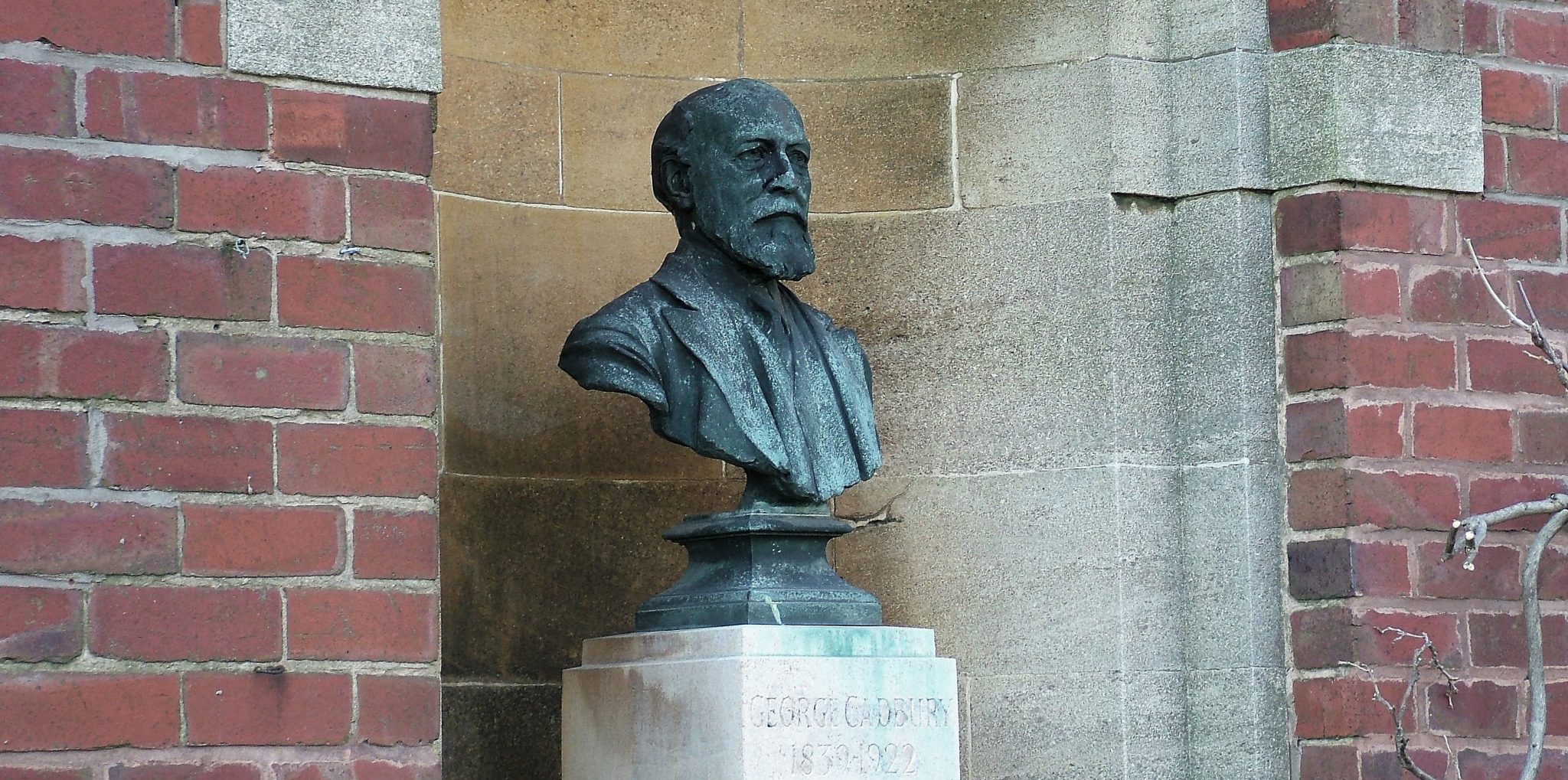Somebody said to me the other day that the difference between Quaker businesses and co-ops was that the Quaker organisation was a family affair, while co-operatives embrace a wider membership. I thought long and hard about this, both as a Quaker and a huge fan of the co-operative movement.
Looking back to the founders of both movements, one was assertively Christian and the others more secular. But setting God to one side for a moment, I believe they had more in common than we conventionally recognise. Members of a co-operative feel a strong sense of collective ownership, just like a family firm. And the Rochdale Principles bear more than a passing resemblance to the Quaker testimonies, which are equality, simplicity, peace, truth and integrity.
As Quaker academic Dr Nic Burton wrote: “The Quaker business community were encouraged not to trade beyond their means, to keep their word in all business matters and be honest in advertising.” Many co-ops too were formed to provide their members with good quality products at fair prices. Both contrasted starkly with what Quaker founder George Fox described as “deceitful merchandise and cheating”.
Early Quakers were persecuted and barred from hold public office or going to University. Quaker schools and apprenticeships provided an alternative pathway into employment. The education of employees and their children was important to co-ops too. For a time I was on the board of a co-operative trust of ten schools. Everyone there knew and understood the co-op principles that set them apart from other schools.
It’s not surprising then that in the 18th century, 74 banks across Britain were run by Quaker families. Quakers also dominated the chocolate industry, with Cadbury, Fry and Rowntree major players. As Cambridge professor of ethics Dr Rosamund Thomas pointed out to me: “Cocoa was then regarded as a beneficial and healthy alternative to alcohol.”

Until the middle of the 19th century most businesses were privately owned with the risk of personal bankruptcy ever present. Co-ops were the exception. For the Quaker firms, their religious belief shaped their business practice.
The Joint Stock Act of 1844, followed by the Limited Liability Act of 1856, meant that business owners could both accept new shareholders and limit liability to the value of the share capital invested. This legislation, coupled with the rapid technological advances of the mid-19th century created real opportunity for anyone running a business. While co-ops remained co-ops, Quakers being quick to embrace new practices, chose incorporate, accept investment and expand. Over time their underlying Quaker values became diluted as new blood entered the boardroom.
Of course once the focus shifts from customer to shareholder things begin to change. For Rowntree, this meant becoming part of the Nestle empire in 1988, with Cadbury bought by Kraft in 2010. Once part of a multi-national the values of the founders become forgotten. Today there are few remaining Quaker businesses.
Co-ops on the other hand have retained their values to this day. It was no surprise when Doug Field, joint CEO of East of England Co-operative, took the chair of New Anglia LEP recently that he set about focusing on a return to basics. He promised to listen more to business, rather than simply chasing investment in the area. To Doug, business leaders in his LEP area are like members of a co-operative. He knows that it is they, not Government who hold the key to his region’s economic prosperity.

Today there is growing evidence that a return to basic values can benefit any business’s bottom line. Loughlin Hickey, co-founder of charity Blueprint for Better Business told me: ‘Too many people accept that success in business requires all to pursue their own self-interest. Not only is that a narrow view of human instincts but it actually blocks business potential.”
So is there an opportunity for a new generation of Quaker entrepreneurs to emerge?
Businesses that have purpose beyond profit are more resilient than those that focus on profit alone. Twitter gives voice to disgruntled customers and millennials are increasingly choosing to work for firms with wholesome values. I think there is a place for Quaker-led businesses today, more perhaps than ever before.
So, as a social entrepreneur and Quaker, I have put this theory to the test. Earlier this year I founded the Turnpike Press as an ethical publisher with overt Quaker values, we publish non-fiction books that can confront prejudice and spark positive social change. Out first title is a book on charity leadership and our second will help parents and their children improve their mental health.

Books are sponsored, with the sponsor’s investment refunded from early book sales. Sponsors naturally take an interest in the book they support. They make sure it’s on message and more importantly, open doors that can help sales. Once a sponsor is repaid, we spilt future profits 50:50 with the author. We publish books that can provoke equality of opportunity for readers, sponsors and of course our authors too.
I’ve also helped set up a few community co-operatives and seen how well they engage local people and thrive. Let’s see if I can develop a contemporary version of a family-owned Quaker firm.

